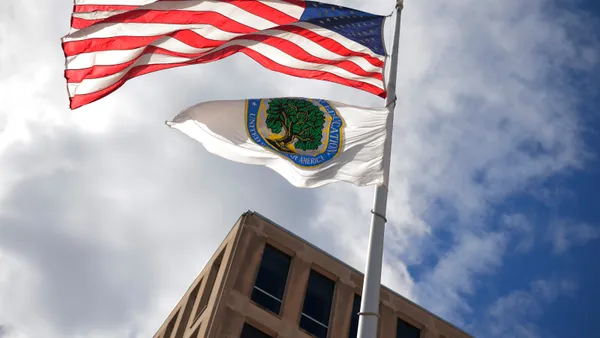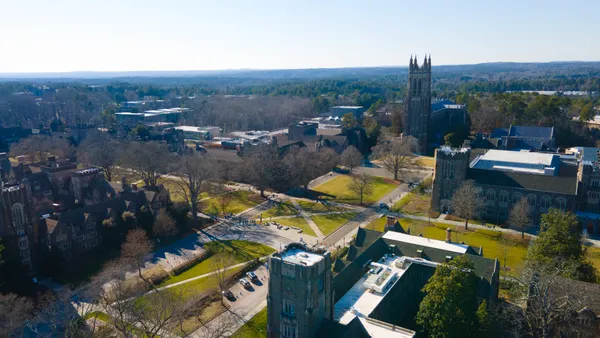Dive Brief:
- The Accrediting Council for Independent Colleges and Schools, one of the most beleaguered accrediting agencies in the country following a string of scandals at for-profits, is now facing scrutiny for the makeup of its board of directors.
- ProPublica reports two-thirds of commissioners since 2010 worked as executives at for-profit colleges while they served their terms, and one-third worked at colleges that were in the middle of lawsuits, investigations, or increased federal scrutiny.
- For its part, ACICS defends the peer review process and says it has a strict conflict-of-interest policy that requires commissioners to recuse themselves in cases that involve their colleges.
Dive Insight:
Accreditation agencies started out as mechanisms for self-improvement at individual colleges and universities striving to hold themselves to higher standards in an unregulated industry.
The idea that these agencies should become more aggressive as the gatekeepers of federal financial aid goes against this history, creating a dual role that is hard to reconcile. At traditional higher education institutions, peer expertise makes sense as colleges and universities work to improve operations and student outcomes. In the for-profit sector, criticism of the same practice is much quicker.
A rewrite of the Higher Education Act is sure to include accreditation reform, which could come with a new strategy for holding colleges and universities accountable and protecting the federal government's interests in granting financial aid. Higher education institutions, however, may have to come up with a new system for self-improvement.











